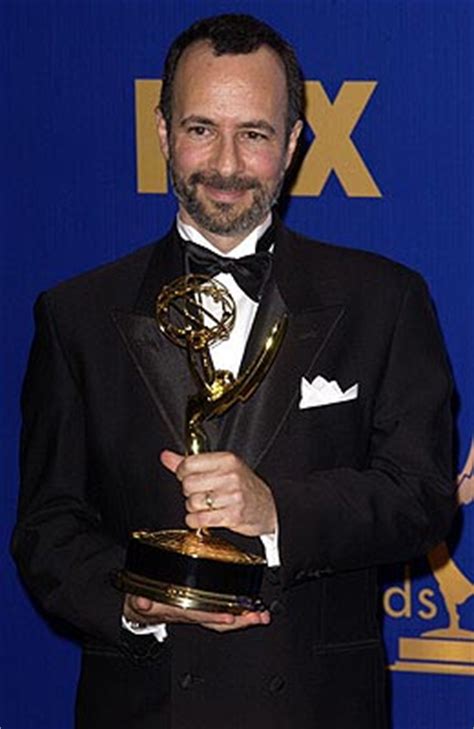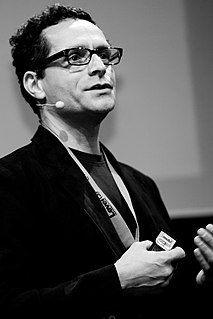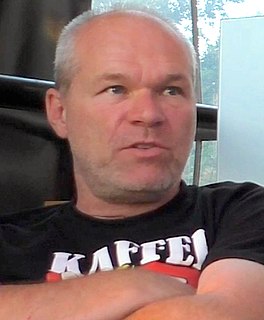A Quote by Robert B. Weide
Sit down at your computer or open your nearest mobile device and Google these words: 'Directed by.' What's the first predictive text that comes up? Martin Scorsese? Quentin Tarantino? Ingmar Bergman? Chances are the first name Google suggested was Robert B. Weide. That's me. Sort of.
Related Quotes
Google Now is one of those products that to many users doesn't seem like a product at all. It is instead the experience one has when you use the Google Search application on your Android or iPhone device (it's consistently a top free app on the iTunes charts). You probably know it as Google search, but it's far, far more than that.
When I watch TV, and TCM isn't on, I just switch channels and look at all the information about everything. The internet is perfect for that, which is why I didn't really want to get a computer in the first place. I thought, "If I have a computer and know about this whole Google thing, I am not going to be able to sit still for a second; I'm going to think about something and then have to look it up." I have never bought myself a computer or a phone, but guys in my life have bought them for me, for whatever reason. So now I have them.
Google - and some of the other sites, YouTube and, you know - Google has an amazing search engine. The map product is incredible. So there's a sort of exchange when you put up with a bunch of ads. Facebook basically gives you access to your friends who, in theory, you had access to already. So sometimes I don't really understand the deal, but I guess it makes it slightly easier. So that's their contribution.
Generally, the imagery and the text go hand in hand. It's much easier when the text comes first, but sometimes I need visual stimulation in order to find the words. I get an idea of what I want when I begin to shoot, and the text is usually the last thing to be resolved. I tend to leave the text open, and I refine the words up to the last minute. As for the image, I can resolve that and get that done fairly quickly.




































